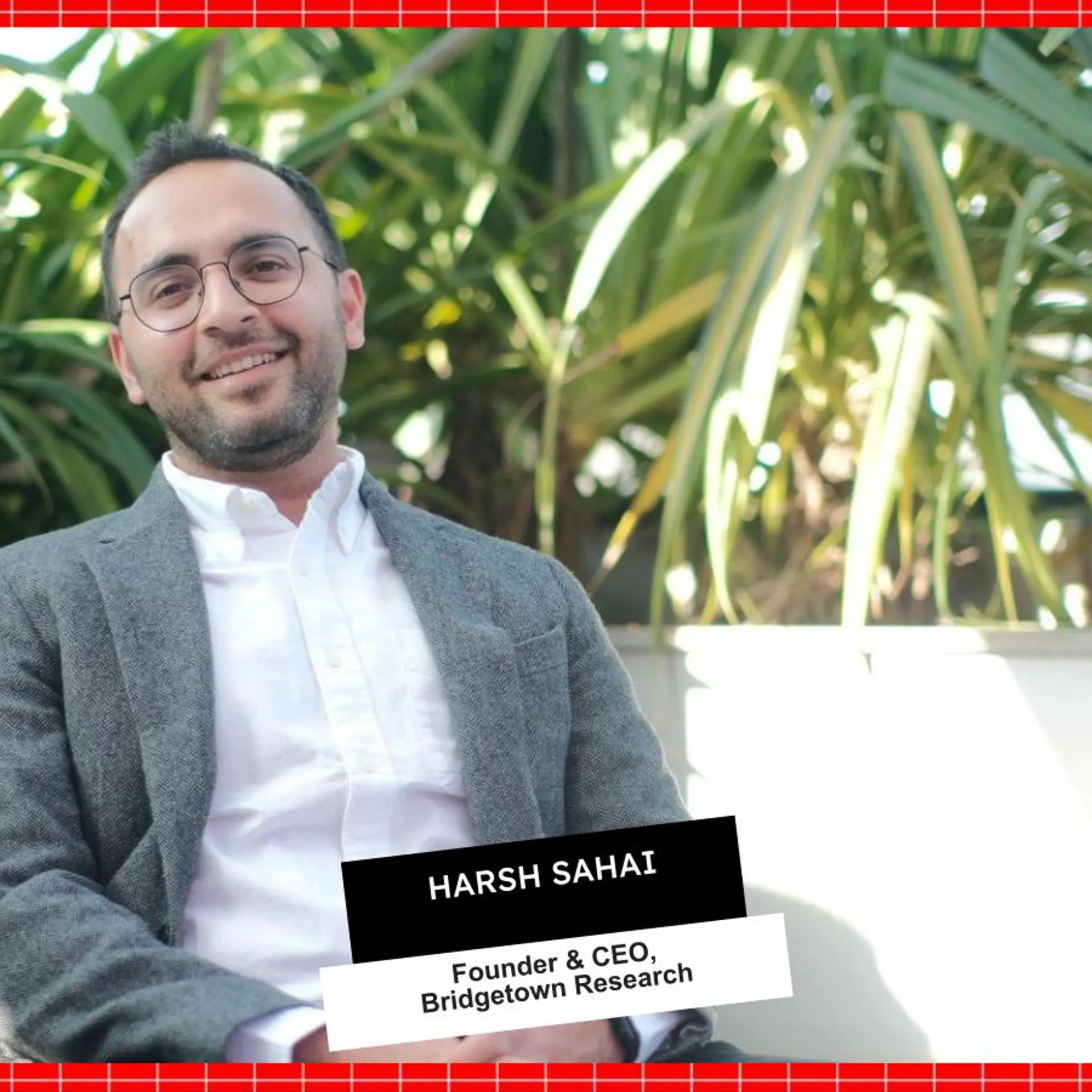Digital inclusion: South Asian social innovators honoured at Manthan 2013 e-Content Awards
The annual Manthan South Asia Conference and e-Content awards, held recently in New Delhi, recognises not just for-profit players and government agencies but a range of social entrepreneurs for their initiatives leveraging digital tools.
From inclusion to empowerment, innovators from across South Asia came together to show how digital tools can galvanise not just consumers but also citizens acting in the public interest.

The Manthan award process is modelled along the World Summit Awards (www.wsis-award.org). These awards show how smart content and new platforms support citizens with a range of activities and bridge the digital divide. The awards are also a source of inspiration for aspiring entrepreneurs, said Peter Bruck, WSA Chairman.
Table 1: Manthan Awards 2013
Agriculture is the predominant source of livelihood for over 70 per cent of Indian households. There are over 300 major crops grown across India in a wide variety of soil types and climatic conditions. These crops are sold by farmers in over 6,000 mandis through a layer of middlemen and local traders, explained B.V. Natesh, director of emerging markets, Nokia India.
“Information sent through mass media is often inadequate and irrelevant for a farmer growing or selling a single crop in a specific part of India,” he said. ICTs such as mobile can boost awareness building, information usage and livelihood improvement across the country.
“A farmer can not only interact with other farmers to share knowledge, but can also access market prices, weather forecast and news and tips – in local languages,” suggested Natesh. “The internet has become the single most efficient empowerment tool for all those who find it difficult to access markets and information in the traditional world,” said Amir Ullah Khan, president, Glocal University.
“Digital inclusion helps in accelerating the development of human capital and securing the wellbeing of the poor by transforming education and health services, for instance, via e-learning and mobile health,” said health economist Saleema Razvi. Social entrepreneurship is hard work but rewarding and inspiring: it requires piloting, experimenting, and taking smart risks, she advised. In sum, ICTs are making great strides in neutralising the natural obstacles faced by marginalised populations, said Mostafa Zaki Haider, deputy director of Bangladesh’s Multimedia Content and Communications Ltd.







